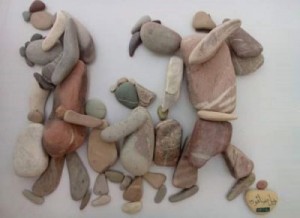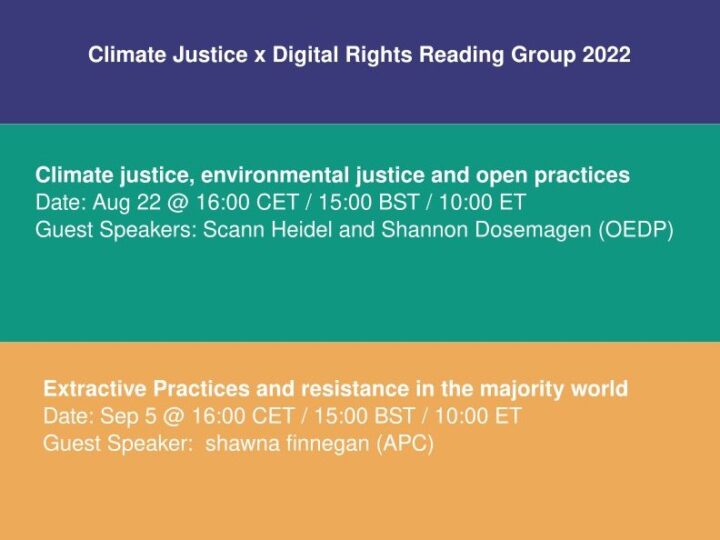The next Ariadne tele-briefing to discuss the refugee crisis in and around Europe will take place on Tuesday, November 3rd at 16:00 CET, 15:00 GMT, 10:00 EST. During this briefing, we will be reviewing funders’ responses to this crisis. To register, please click here (portal login required). Please note that the event is for funders only.
Meanwhile, here is a blog from Cristina Andreatta, Network Development Manager at the Association of Charitable Foundations.
Paul Hamlyn Foundation and Comic Relief, with the support of the UK based Association of Charitable Foundations, jointly organised a funders meeting to explore key issues surrounding the current refugee crisis and plan ahead for how charitable foundations might play a role in addressing these issues when the situation is less acute. There were around 30 participants from various UK grant-making foundations and five speakers from front-line refugee organisations operating across the country.
One of the big highlights in the discussion was that in the past few months there has been a positive shift in the public perception of refugees, as the speakers said, the world has been turned upside down and there has been a real awakening; people now realise the human implications of this crisis and actively want to be part of a change.
This may offer opportunities to consolidate the refugee movement at the community level, even though this wave of empathy and support appears to be mainly focused on Syrian refugees. Concerns about managing migration overall are broadly unchanged, compounded by the fact that the UK government is contributing to a hostile environment for migrants through its legislation and rhetoric. Here a combination of practical and policy work might help to channel and deepen public compassion, but this is difficult terrain in a sector currently made up of hundreds of over-stretched small organisations that lack the influence and political leadership needed to seize these opportunities.
All speakers seemed to agree that if we want to build a strong national movement we need to provide support for all these groups to engage. Also, more coordination and new types of collaboration are needed to make a better use of existing resources, deliver better services and build a more effective campaign strategy.
This meeting showed a real appetite amongst UK foundations to mitigate the consequences of this refugee crisis. However, the discussion crucially highlighted that, in addition to emergency responses that can support the work already underway, it is essential to look beyond this crisis and come up with strategies that can help bring about durable change.
A good funding strategy should include both short and long-term interventions. In the short- term, there is a need for capacity building to help stabilise the sector activities on the ground and capitalise on existing experience by building an energetic local presence. Long-term intervention plans need to address the integration needs of the refugee population as well as improving volunteer coordination, enhancing legal and psychological assistance available to refugees, influencing policy, raising awareness and changing public attitude towards refugees and migrants in general. More research is also needed to understand the needs of refugees. We need to know who they are, where they come from and what they need to fully integrate into the British society. Finally, we need to foster a new culture of collaboration across the sector in order to pave the way for the emergence of stronger lobbying capacity that can achieve systemic change.
The Association of Charitable Foundations and other networks will be organising, in conjunction with a number of foundations, follow-up meetings to give funders an opportunity to share their future plans in this area, learn what other foundations are doing in this space and explore the possibility of joint working and collaboration. If you would like to be kept up-to-date about future initiatives please contact Cristina Andreatta at Cristina@acf.org.uk.






